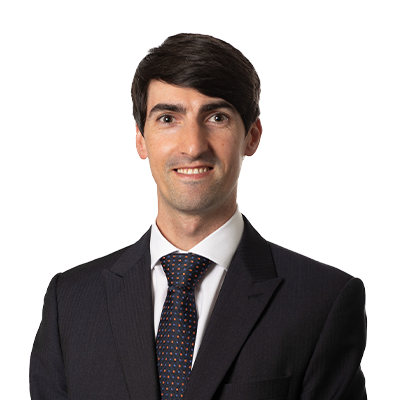The SFO’s Business Plan for 2025-2026 signals its intention to take centre stage in global financial crime enforcement, setting out its vision to be a “proactive, authoritative player in the global and domestic justice system”. The Business Plan draws out some of the key points raised in the SFO’s five-year strategy document published by the SFO in April 2024 (the Strategy Document), which we wrote about here. In particular, the SFO emphasises:
- the importance of the new failure to prevent fraud offence (which comes into force in September 2025) and which it is “very keen to prosecute”;
- its focus on international cooperation;
- its new corporate cooperation guidance (to be published in April 2025) and its commitment to reforming whistleblower incentivisation; and
- the need to streamline investigations, including with the help of technology.
1. New failure to prevent fraud offence
The SFO considers the coming into force of the new failure to prevent fraud offence in September 2025 to be a “landmark moment”. In a recent speech Nick Ephgrave (SFO Director) emphasised that the SFO is looking to prosecute the offence:
“Come September, if they haven’t sorted themselves out, we're coming after them. That’s the message I’ll be delivering…I’m very, very keen to prosecute someone for that offence. We can’t sit with the statute books gathering dust, someone needs to feel the bite.”
We expect the new offence to have a similar impact to the UK Bribery Act – and to lead to a significant number of new investigations and ultimately DPAs and prosecutions.
With five months to go until the new offence comes in, UK and non-UK companies with UK links should be conducting risk assessments and enhancing anti-fraud procedures. For more on the new offence, please see our knowledge hub here. We are helping various companies and financial institutions prepare for the offence; if you would like to discuss how we can help, please get in touch.
2. Increased international cooperation
The Business Plan emphasises the importance of the SFO developing and maintaining international partnerships with overseas authorities. An example of this is the SFO’s recent alliance with Swiss and French authorities to tackle international bribery and corruption (announced here).
We can expect to see more joint investigations and (given the current “pause” from US authorities in relation to the FCPA) we expect that the UK and EU will take primacy in global financial crime investigations.
3. New cooperation guidance and proposed reforms to whistleblower incentivisation
The Business Plan noted that the SFO will publish updated corporate cooperation guidance (expected in April 2025). We can expect that the updated guidance will set out the SFO’s cooperation expectations for companies in more detail, building on some of the examples of cooperation cited in DPAs.
As trailed in the Strategy Document, the SFO is eager to progress proposed reforms to whistleblower incentivisation, including financial incentives. Mr Ephgrave has consistently emphasised that he regards such reform as necessary, noting the perceived benefits of whistleblower rewards in jurisdictions such as the US where a comparatively higher number of investigations are triggered by whistleblowers.
4. Increasing efficiency
In the Business Plan, the SFO proposes to configure and deliver a modern case management system to streamline its casework. Mr Ephgrave stated that the SFO’s approach to casework and reviews has already “created the capacity to open eight new investigations” and has led to the SFO charging the first case opened under Mr Ephgrave’s tenure within 15 months of launch. The SFO are displaying intent to streamline its operations and expedite the overall investigation process.
The Business Plan summarises a number of initiatives to improve the SFO’s use of technology, including the application of intelligence analysis tools, and Technology Assisted Review (TAR). The SFO had already reported successes earlier this year with the pilot of TAR, which it says has reviewed documents for disclosure up to 40% faster than traditional methods.
With thanks to Mahika Gogi for her assistance in preparing this post





